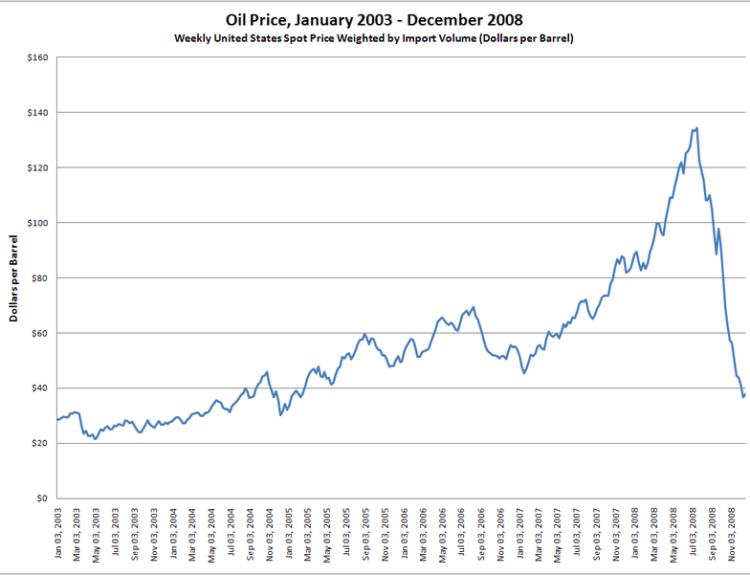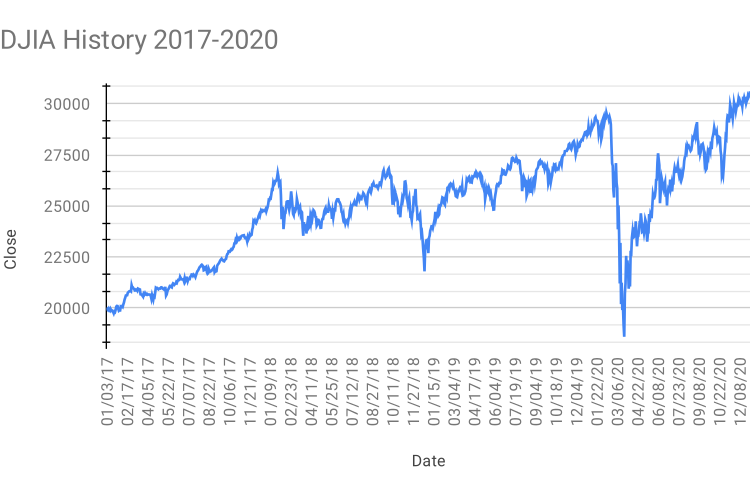Recurring delays in reforms and high debt servicing costs pose challenges
- S&P downgrades Egypt to B-/B with stable outlook
- Recurring delays in implementation of monetary and structural reforms
- Interest spending consumes about 40% of Egypt’s government revenues
- High debt servicing costs pose a challenge to debt sustainability
- Stable outlook balances risk of financing high external debt redemptions against possibility of key reforms
- Egypt’s economic growth expected to average 4% over next three years
Factuality Level: 8
Justification: The article provides factual information about S&P Global Ratings downgrading Egypt’s credit rating and the reasons behind it. It also includes information about Egypt’s high debt servicing costs and the potential challenges to debt sustainability. The article mentions S&P’s statement about the stable outlook balancing the risks and possibilities for Egypt’s economic situation. The article also includes S&P’s forecast for Egypt’s economic growth and acknowledges the sensitivity of the forecast to certain factors. Overall, the article presents information based on S&P’s statements and does not contain any obvious bias or misleading information.
Noise Level: 7
Justification: The article provides relevant information about S&P downgrading Egypt’s rating due to recurring delays in implementing reforms and high debt servicing costs. However, it includes some irrelevant information about the Israeli-Hamas conflict and does not provide evidence or data to support the economic growth forecast. Overall, the article contains some noise and lacks scientific rigor.
Financial Relevance: Yes
Financial Markets Impacted: Egyptian financial markets and companies
Presence of Extreme Event: No
Nature of Extreme Event: No
Impact Rating of the Extreme Event: No
Justification: The article pertains to financial topics as it discusses the downgrade of Egypt’s credit rating by S&P Global Ratings. The downgrade reflects recurring delays in the country’s implementation of monetary and structural reforms, which could impact Egypt’s ability to address its high external debt redemptions and foreign currency shortage. The article also mentions the sensitivity of Egypt’s economic growth forecast to exchange-rate and inflation trends, as well as the Israeli-Hamas conflict’s potential effect on tourism.
Public Companies: S&P Global Ratings (N/A)
Private Companies: undefined
Key People: Stephen Nakrosis (N/A)
S&P Global Ratings has downgraded Egypt’s credit rating to B-/B with a stable outlook. The downgrade is a result of recurring delays in the implementation of monetary and structural reforms. Interest spending in Egypt consumes about 40% of the government’s revenues, which poses a potential challenge to debt sustainability. However, the stable outlook balances the risk of financing high external debt redemptions against the possibility of key monetary and economic reforms that could help bridge Egypt’s large external financing gap. S&P expects Egypt’s economic growth to average 4% over the next three years, but this forecast is sensitive to exchange-rate and inflation trends, as well as any impact on tourism from the Israeli-Hamas conflict.





